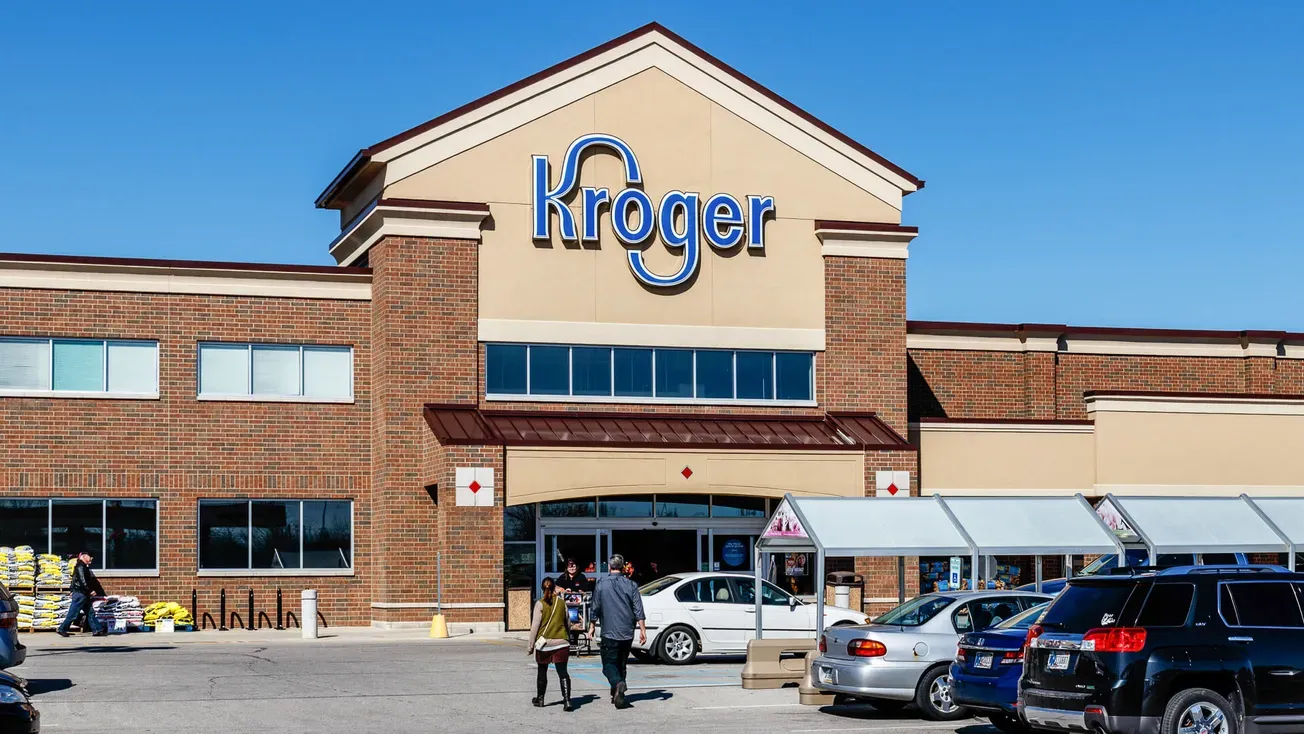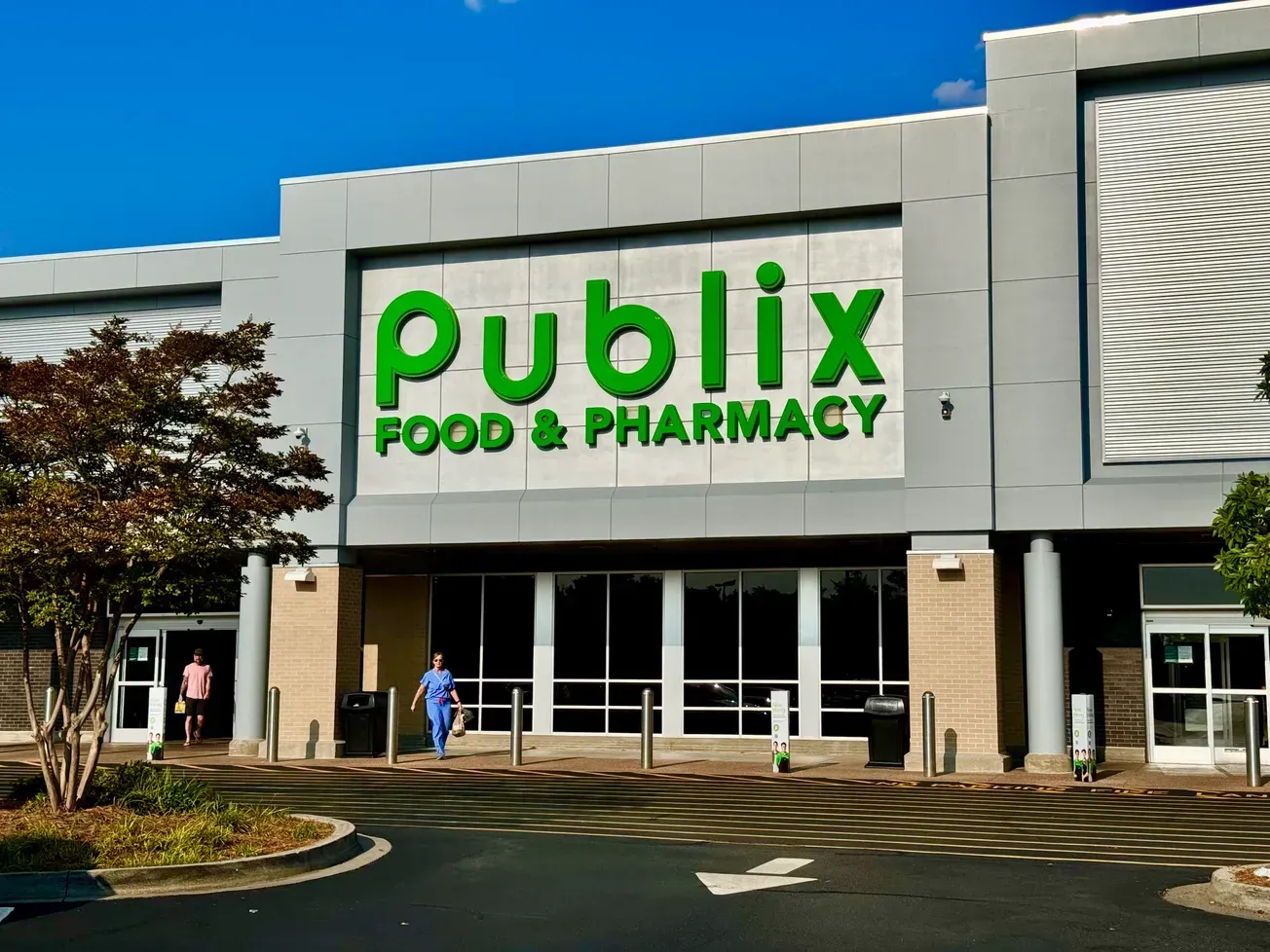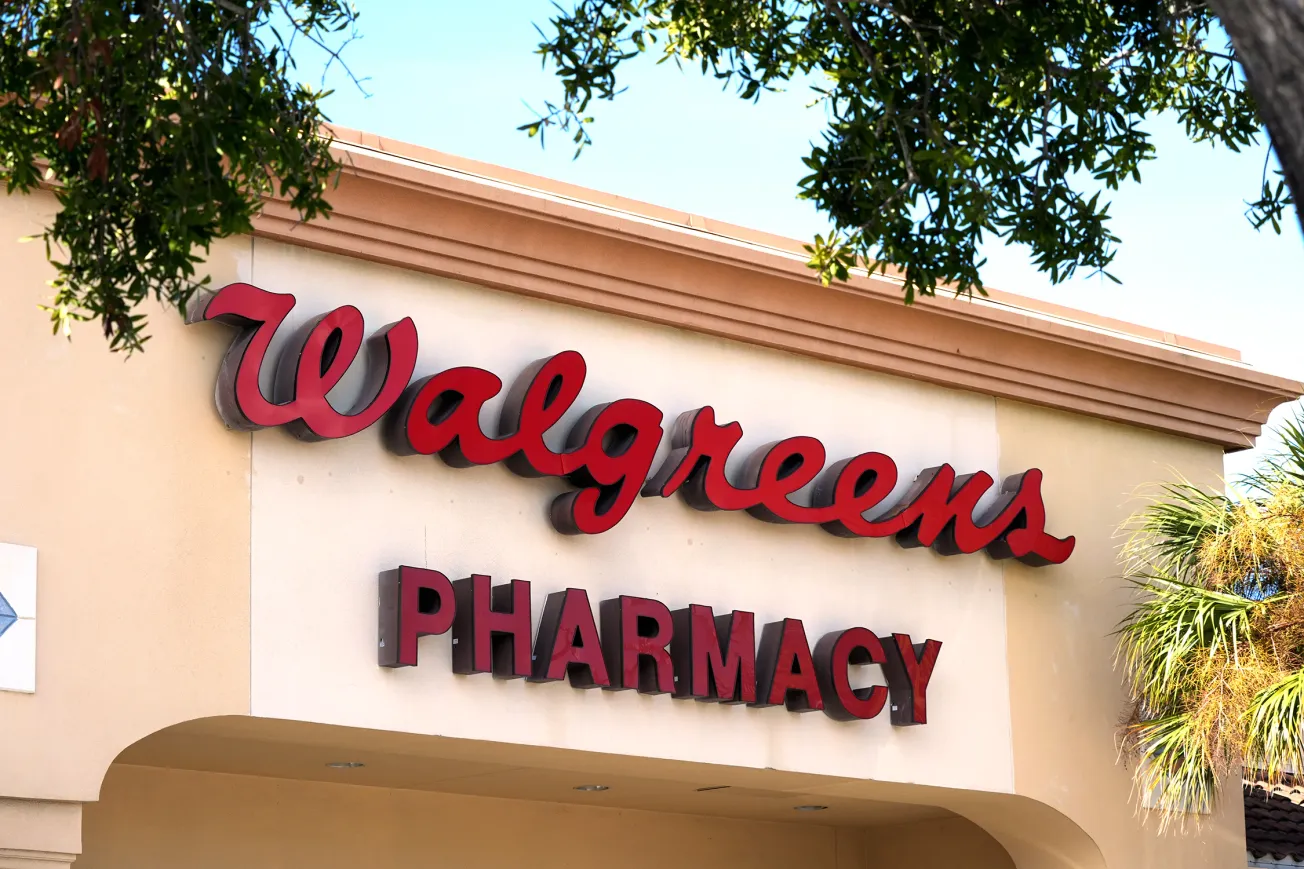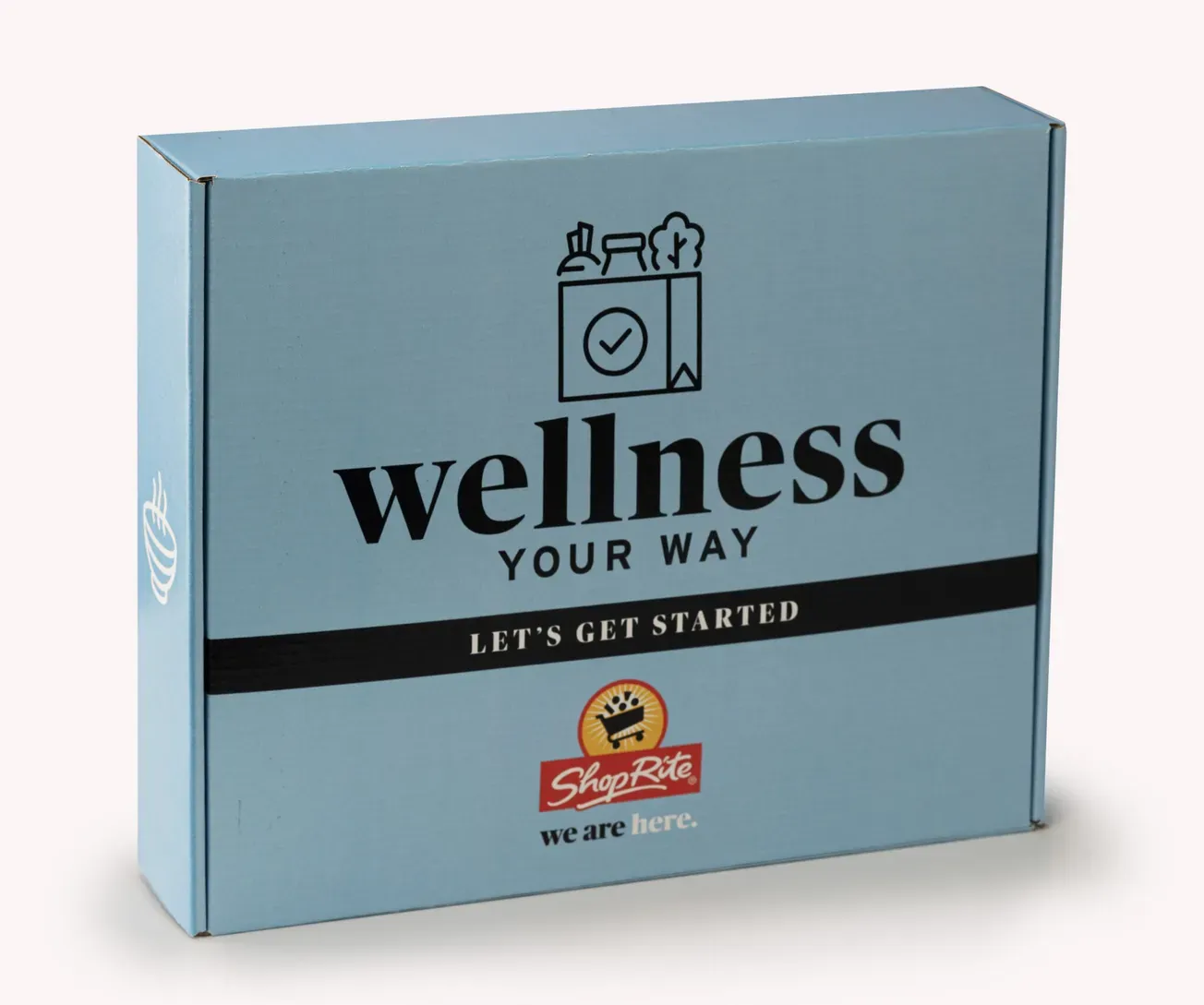CINCINNATI — The Kroger Co. has announced plans to close approximately 60 underperforming stores over the next 18 months while simultaneously investing in new store growth, including 30 major projects slated for completion in 2025.
The decision comes as part of a broader operational review that had been on hold during the regulatory proceedings related to the now-abandoned Albertsons merger. Speaking on a June 20 earnings call, Kroger Chairman and Interim CEO Ronald Sargent emphasized the closures are geographically dispersed and intended to enhance overall efficiency.
“We’re simplifying our business and reviewing areas that will not be meaningful to our future growth,” Sargent told analysts in a June 20 conference call. “Unfortunately today, not all of our stores are delivering the sustainable results we need. It’s also important to note, we paused our annual store review during the (Albertsons Cos.) merger process. To position our company for future success, this morning we announced plans to close approximately 60 stores over the next 18 months. We don’t take these decisions lightly, but this will make the company more efficient. And Kroger will offer roles in other stores to all associates currently employed at affected stores.”
Kroger recorded a $100 million impairment charge in Q1 due to the planned closures but expects modest financial benefits over time as it reinvests savings into improving the customer experience.
Chief Financial Officer David Kennerley added that the company is reallocating capital toward higher-return opportunities, focusing on new store development in high-growth markets. Many of the new stores will be Kroger Marketplace formats, which feature expanded grocery and general merchandise offerings to compete with mass merchandisers like Walmart.
“At the same time, we are actively investing for growth in new store projects,” Kennerley explained. “We expect to complete 30 major storing projects in 2025, focusing our investments in high-growth areas. We will continue to prioritize new store growth and expect these to be a meaningful contributor to our long-term growth model.”
Kroger currently operates 2,730 stores in 35 states and the District of Columbia under various banners, including Ralphs, Fred Meyer, Harris Teeter, and Mariano’s.
Despite the store closures, the company reported a strong first quarter, with identical sales (excluding fuel) up 3.2% and e-commerce sales surging 15%. Adjusted earnings per share came in at $1.49, exceeding analysts’ expectations.
The company raised its full-year identical sales forecast to 2.25% to 3.25%, citing continued strength in fresh food, pharmacy, and digital channels.
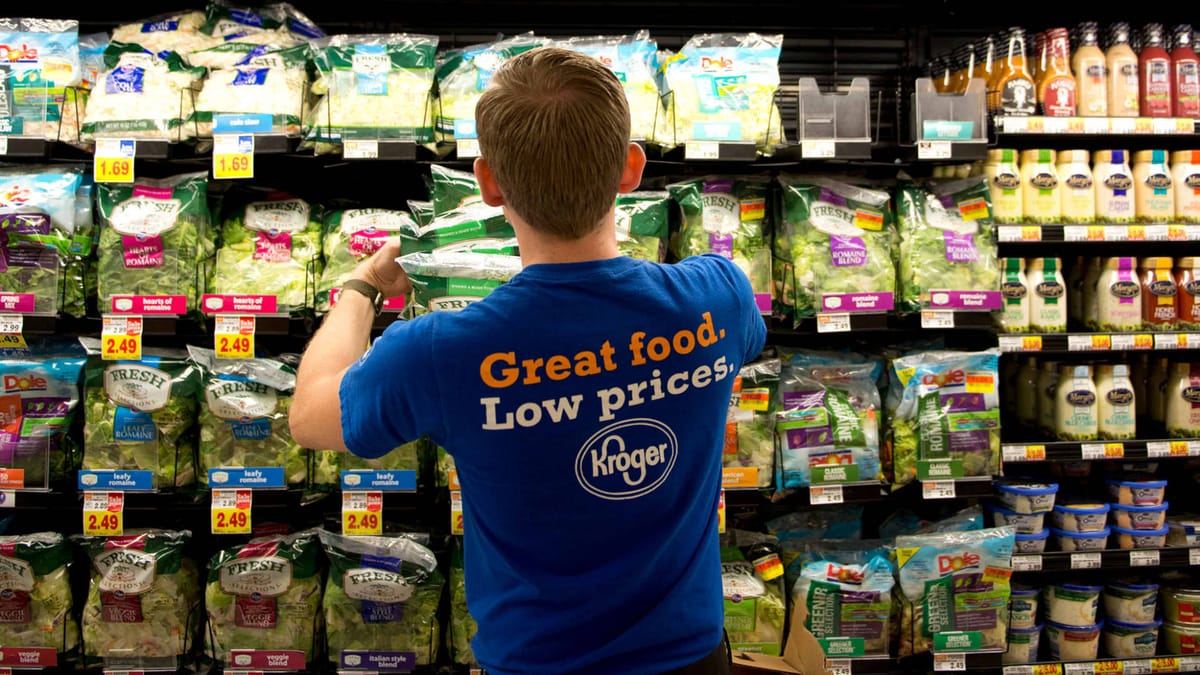
Kroger also addressed concerns around tariffs, stating that no material impact has been felt to date and the company remains proactive in mitigating pricing pressures.
“As part of our work to keep prices low, we’re also watching the changing environment around tariffs,” Sargent said. “Our business model is flexible to respond to those kinds of shifts, and as a domestic food retailer, we expect a smaller business impact than some of our competitors. Where we do see potential tariff impact, we are proactively looking for ways to avoid raising prices for our customers, and we consider price changes as a last resort. Tariffs have not had a material impact on our business so far, and given what we know today, we do not expect them to (do so) going forward.”


